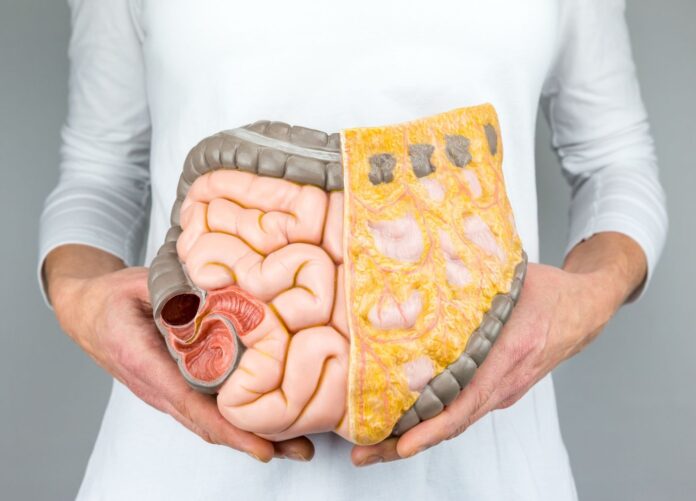Ulcerative Colitis (UC) is a chronic inflammatory bowel disease that significantly impacts the lives of those diagnosed with it. This condition involves inflammation and ulcers in the lining of the colon and rectum, leading to a range of symptoms that can be both physically and emotionally challenging. In this exploration, we delve into the intricacies of ulcerative colitis, from its symptoms and diagnosis to available treatments and the impact it has on individuals’ daily lives.
The Clinical Landscape: Symptoms and Diagnosis of Ulcerative Colitis
Ulcerative Colitis manifests through a variety of symptoms, including abdominal pain, persistent diarrhea, rectal bleeding, and weight loss. Diagnosing UC involves a combination of medical history reviews, physical examinations, and diagnostic tests such as colonoscopies and imaging studies. Understanding the symptoms and early detection are crucial, as timely intervention can significantly improve the management of the condition and the quality of life for those affected.
Unraveling the Causes: The Complex Etiology of Ulcerative Colitis
The exact cause of Ulcerative Colitis remains unknown, but it is believed to result from a combination of genetic, environmental, and immune system factors. Genetic predisposition plays a role, as individuals with a family history of the disease are at a higher risk. Environmental triggers, such as stress and certain medications, can also exacerbate symptoms. The immune system’s response to the gut microbiome is thought to contribute to the chronic inflammation characteristic of UC.
Treatment Approaches: Managing and Alleviating Symptoms
While there is no cure for Ulcerative Colitis, various treatment approaches aim to manage symptoms and improve the quality of life for those living with the condition. Medications, including anti-inflammatory drugs, immunosuppressants, and biologics, are commonly prescribed to control inflammation and prevent flare-ups. In severe cases, surgical interventions such as colectomy (removal of the colon) may be considered. Treatment plans are individualized based on the severity of symptoms, the extent of inflammation, and the patient’s overall health.
Living with UC: Navigating Daily Challenges and Emotional Well-being
Ulcerative Colitis not only impacts physical health but also poses challenges to emotional well-being and daily life. Coping with symptoms, managing medications, and dealing with the unpredictability of flare-ups can take a toll on mental health. Support groups, counseling, and lifestyle adjustments are crucial components of holistic care for individuals with UC. Navigating a supportive network of healthcare professionals, family, and friends can make a significant difference in helping individuals cope with the emotional aspects of living with a chronic condition.
Research and Hope: Advancements in Understanding and Treatment
Ongoing research in the field of inflammatory bowel diseases, including Ulcerative Colitis, continues to shed light on the complexities of the condition. Advances in understanding the immune system’s role, identifying potential biomarkers, and exploring novel treatment approaches provide hope for improved outcomes and a better quality of life for those affected by UC. As research progresses, the medical community strives to enhance the precision and effectiveness of therapeutic interventions, offering optimism for the future.


 Welcome to Infinitive Creative where we share information related to Business, Tech and More. We’re dedicated to providing you the very best information and knowledge of the above mentioned topics.
Welcome to Infinitive Creative where we share information related to Business, Tech and More. We’re dedicated to providing you the very best information and knowledge of the above mentioned topics.